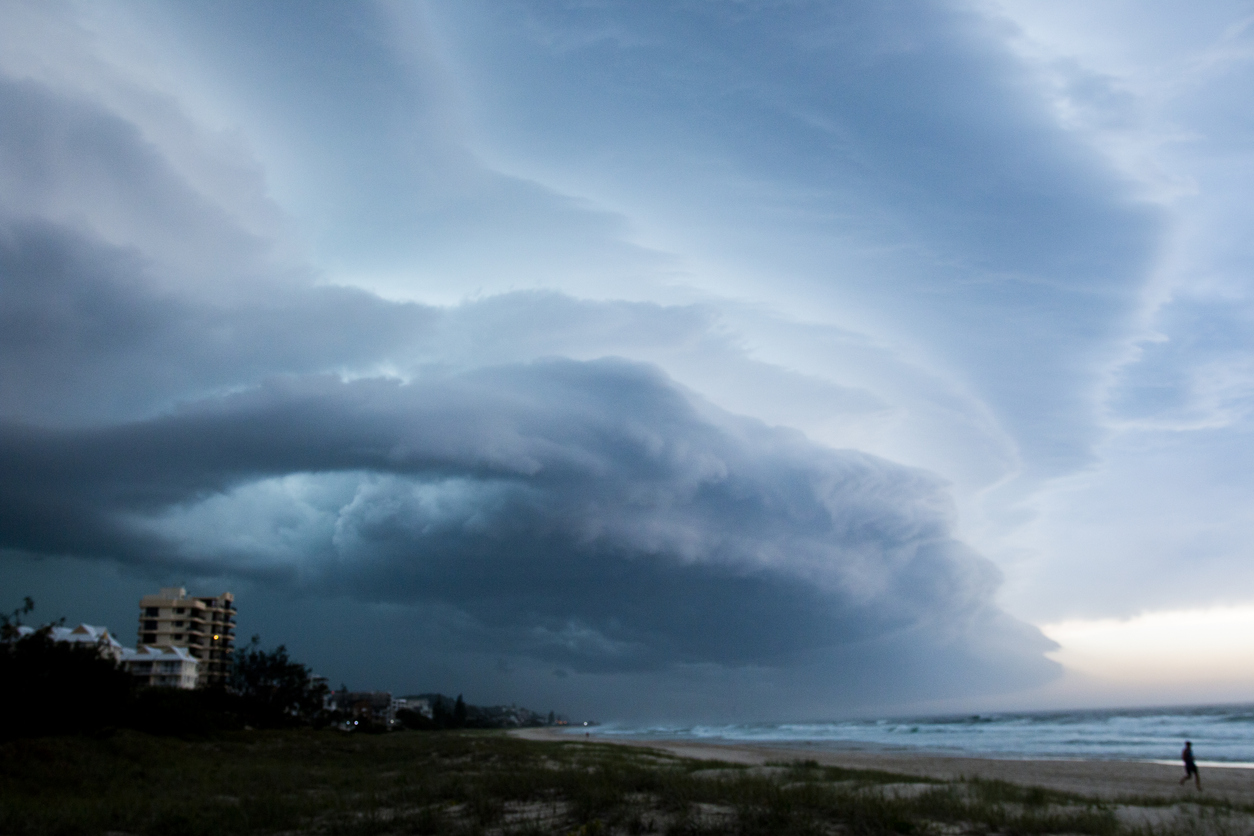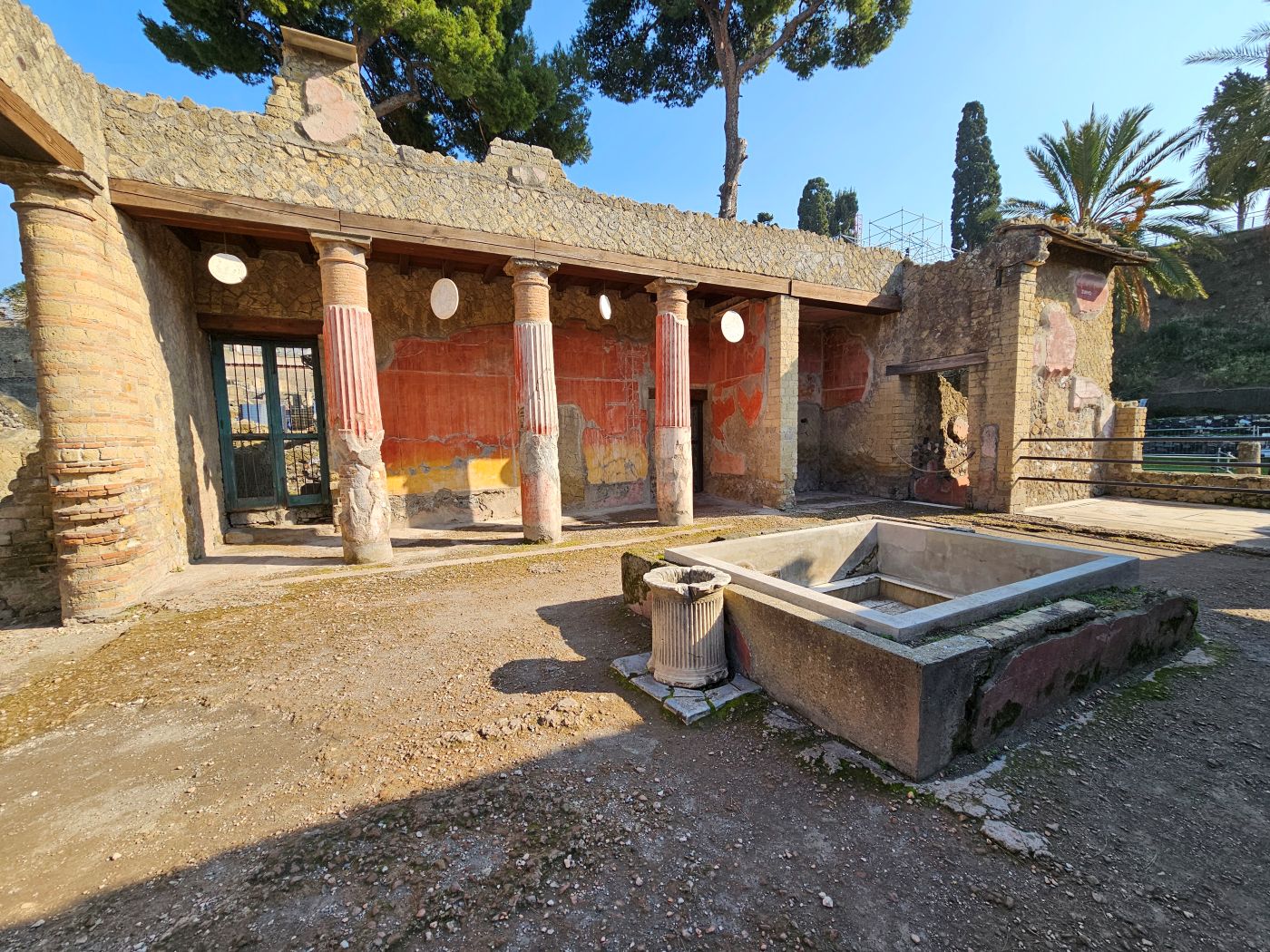
The Italian government of Prime Minister Giorgia Meloni has approved on Wednesday a new decree to manage migratory flows, simplify asylum application procedures and regulate the actions of humanitarian organizations operating in the Mediterranean Sea, toughening fines against NGOs.
Among the measures, humanitarian organizations will be allowed to carry out only a single rescue, which must be immediately reported to the authorities, with a request for a safe harbor. Otherwise, the captains will face a fine of up to 10,000 euros, with the possibility of administrative immobilization of 20 days for the vessel.
The fine could rise to 50,000 euros, with seizure of the vessel, for those who do not comply with the code of conduct and try to enter Italian waters without proper authorization from the authorities, as reported by the newspaper ‘La Reppublica’.
In addition, captains will have to inform migrants on board about the possibility of applying for asylum so that the country whose flag the vessel is flying can take care of the process. The decree also provides for the prohibition of transshipments between vessels and administrative sanctions or embargoes for those who fail to comply with these measures.
Italy has recorded 88,000 arrivals on Italian shores and more than 1,300 dead or missing this year. The main arguments of Meloni’s Executive revolve around the alleged lack of European solidarity and suspicions about the activities of NGOs, which the authorities continue to accuse of encouraging migration by deploying rescue ships in the central Mediterranean area.
NGOs and UN agencies, for their part, emphasize the other side of the coin, that of those seeking protection in southern Europe after a long journey that has as its penultimate stop Libya, a country marked by conflict for more than a decade and where all kinds of abuses of migrants and refugees have been noted.
Human Rights organizations insist that Libya can in no way be considered a safe port to authorize refoulements, but in early October the number of landings in the North African country already exceeded 16,600, all of them the work of a Coast Guard also questioned for its repressive practices.
Source: (EUROPA PRESS)






